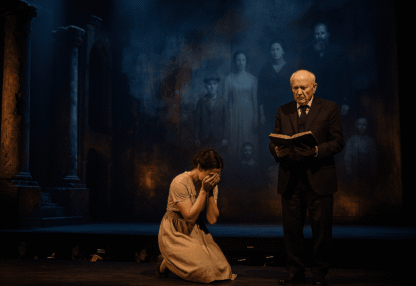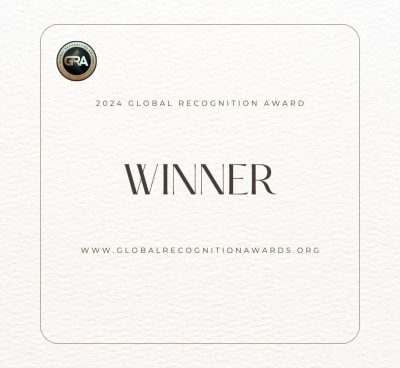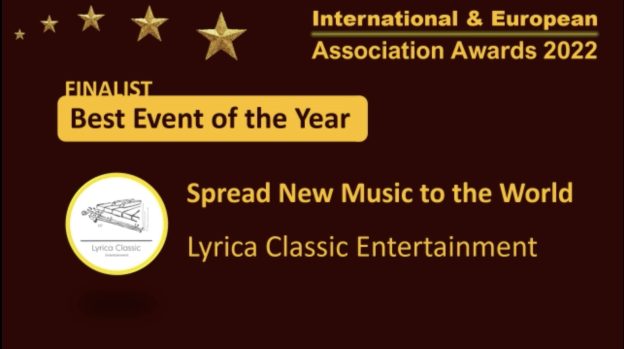LYRICA CLASSIC
A GLOBAL NONPROFIT MUSIC ORGANIZATION
ALLOWING UNDISCOVERED MUSIC TO FIND THE RECOGNITION IT DESERVES
Top talent meets the finest
in contemporary classical music
As a global 501c3 nonprofit music organization specializing in classical music and other forms of performing arts, we are committed to facilitating high-quality experiences and events in theaters and venues in North America, Europe, and other world stages. Focusing on less well-known and contemporary music, we engage only top-caliber talents to deliver superior-level results and presentation of the music.
Subscribe to our newsletter to not miss out on our next projects!

Muffled Voices Festival is Coming to the U.S.
In the 2025-2026 season, Lyrica Classic brings its groundbreaking Muffled Voices Festival to American audiences, presenting operas rooted in real histories—shaped by exile, trauma, and moral courage.
The U.S. tour of Muffled Voices opens on November 22, 2025, at the Maryland Theatre in Hagerstown, MD, with the U.S. premiere of Baruch’s Silence, a powerful one-act chamber opera by internationally acclaimed Israeli composer Ella Milch-Sheriff, based on her father’s Holocaust diary.
The festival continues with the U.S. premiere of Russian Women by Russian composer Tatiana Chudova, a one-act opera that brings to life the inner dialogue of two historical figures—Decembrist wives Trubetskoy and Volkonskaya—as they follow their exiled husbands to Siberia.
OUR AWARDS AND RECOGNITIONS

We are thrilled that our Muffled Voices festival has been named a finalist for the International & European Association Award in the category of Best New Event and winner of the Global Recognition Award 2024 for its exceptional contributions to the global classical music scene, particularly in promoting underrepresented voices.
This recognition honors the dedication of our team and the innovative spirit of our productions. Being recognized on a global stage reinforces our commitment to excellence in the performing arts and our mission to bring groundbreaking, inspiring music to audiences worldwide.


“I would like to express my deepest appreciation and gratitude to Lyrica Classic Entertainment for the extraordinary productions of several concerts with new music by American composers in Russia. From the composer's perspective, I can attest that the presentations of my works in those concerts were among the best I have ever had.”
Dr. Eli Tamar, composer
OUR VISION
INNOVATION, EXCELLENCE, COMMUNITY

INNOVATION
Break industry norms by bringing contemporary and little-known classical music to life

EXCELLENCE
Deliver superior performances on the world's best stages

COMMUNITY
Foster community in the Washington metropolitan area
Become a Patron

Sergei Prokofiev was easily one the most influential composers of the 20th century. His compositions have been played in the United States more than the works of any other composer from the past one hundred years, save Richard Strauss. However, his works were often constrained by external political circumstances. While before and after WWII, Prokofiev found his output restricted by the Zhdanov doctrine, the years of 1939 through 1945 allowed him to compose uninhibited by the aesthetic doctrines of the Soviet government. His experiments with formalism and atonality during these years would prove influential on subsequent generations of composers, both Russian and American. Interested in learning more about how Russian and American music during WWII influenced the world?
